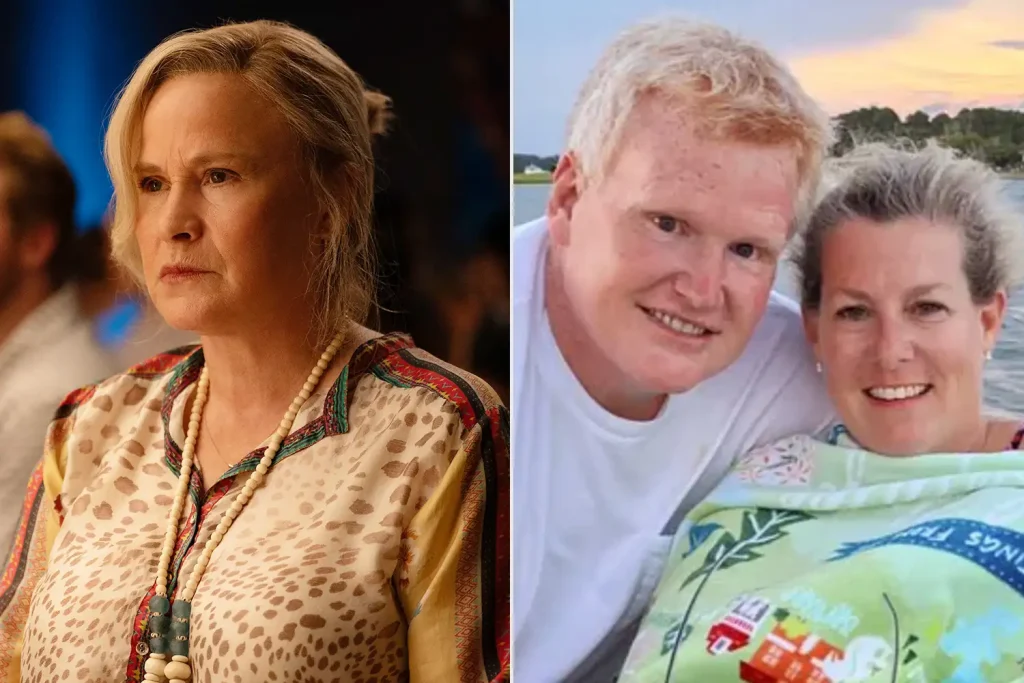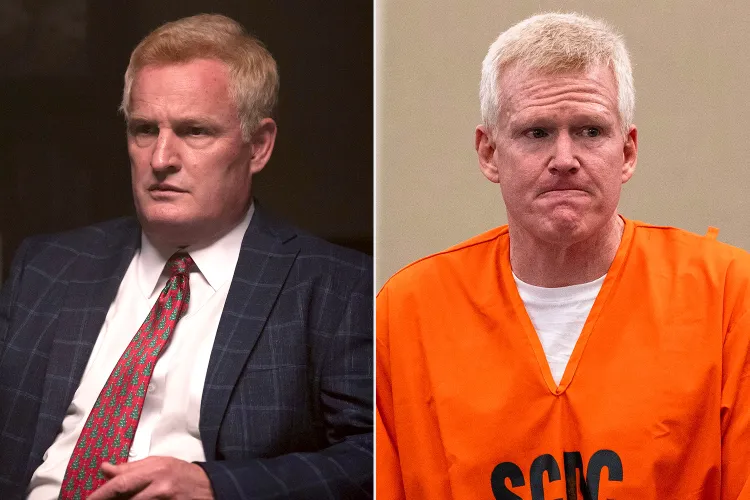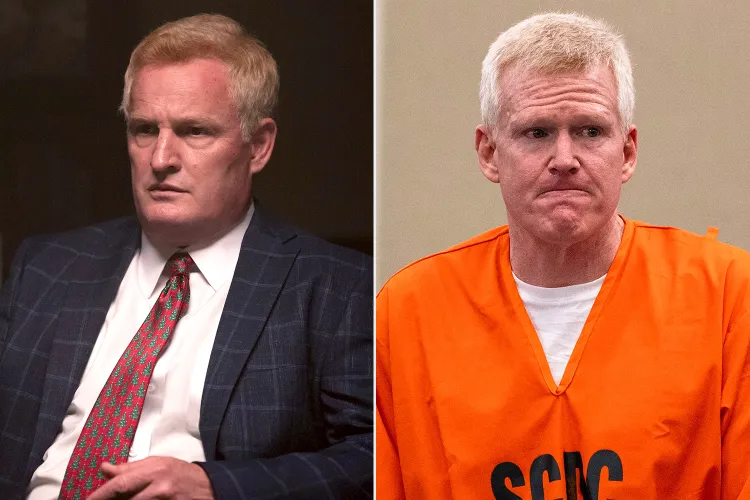Convicted Attorney Alex Murdaugh Says Hulu’s Murdaugh: Death in the Family Misrepresents His Family and Demands Viewers Question Its Accuracy
In a powerful response that has reverberated through the true-crime world, former South Carolina attorney Alex Murdaugh has publicly condemned the new streaming series Murdaugh: Death in the Family on Hulu, asserting that it presents a distorted version of his relationships with his wife and son and decries the dramatization of his downfall as sensationalized and unfair. According to a statement issued on behalf of Murdaugh by his defense attorneys, he says he is “deeply disappointed and disturbed by the recent Hulu streaming series about him and the entire Murdaugh family.”

The series, which premiered on October 15, 2025, dramatizes the shocking events of June 7, 2021 — when Murdaugh’s wife Maggie and teenage son Paul were found shot to death on their South Carolina family estate. Murdaugh was subsequently convicted in March 2023 of the murders and sentenced to two consecutive life terms without parole.
In the statement, Murdaugh’s legal team faulted the producers for failing to consult the family — stating that neither his attorneys, his surviving son Buster, nor any other family members were interviewed in connection with the production. “No one from Hulu ever reached out to Alex, his son Buster, anyone in the Murdaugh family, or Alex’s attorneys to hear their perspective or verify the facts,” the statement reads.
Murdaugh objects most acutely to the portrayal of the emotional bonds he says he shared with his late wife and son. “The depiction of their personal family dynamics is particularly troubling, as it totally mischaracterizes Alex’s relationships with his wife Maggie and his son Paul, both of whom Alex loves so dearly,” the statement continues. “Any other portrayal of his feelings toward Paul and Maggie are baseless and false.”
The drama series is a high-profile production built around the infamous Murdaugh saga, created by Emmy-winning filmmakers Erin Lee Carr and Michael D. Fuller, and based in part on the podcast by journalist Mandy Matney. Jason Clarke portrays Murdaugh, and Patricia Arquette plays Maggie. While the show has garnered strong viewership and discussion, Murdaugh’s team argues that such success should not come at the expense of accuracy or fairness.
The context of Murdaugh’s downfall is dramatic and sprawling: once a prominent Lowcountry lawyer from a powerful family, he was seen as rising royalty in South Carolina’s legal community. But in a matter of years, revelations of financial misconduct, lost clients, a botched assisted-suicide scheme, and the shocking murders of his wife and son exposed a web of deceit. That very journey is now being retold in this streaming series, yet Murdaugh claims the retelling fails to capture the truth of those relationships and the humanity behind the headlines.

His defense’s criticism raises notable questions about dramatizing real-life crimes. Television and film adaptations regularly walk the line between factual recounting and creative interpretation. Murdaugh’s case now brings the ethical dimension into sharp relief: When the subject of a show faces massive legal consequences and deeply personal loss, what obligations do creators have to reflect their view? Is a scripted drama justified in reimagining private moments of grief and family life for dramatic impact?
From the series side, producers say their work is based on rigorous reporting and public record. For the viewers it presents a gripping story of power, betrayal, tragedy, and justice. But for Murdaugh, the key complaint is that the artwork dives into heart and home, not only crime and consequence. His assertion that the depiction of his relationships is false draws attention to the fact-versus-fiction tension underlying high-profile adaptations.
In his statement, Murdaugh asks viewers to “approach this dramatization with the knowledge that it is not an accurate portrayal of Alex, his family, or the tragic events that it sensationalizes.” His plea echoes a larger debate about the impact of true-crime entertainment on real people — especially families directly affected by violence and legal turmoil. For victims and perpetrators alike, the public retelling holds lingering emotional consequences.
The broader repercussions for the show and its audience should not be overlooked: the streaming era now allows true-crime dramas to reach millions instantly, giving them cultural weight. The fact that Murdaugh’s statement emerged just weeks after the premiere signals that subjects of these stories are watching, engaging, and willing to push back. In this case, the pushback comes not from anonymous individuals but a convicted defendant claiming misrepresentation.
For viewers, the series remains available on Hulu, and its creators maintain the right to artistic license. For Murdaugh, however, there is a deeper concern: once the cameras stop rolling and the commentary fades, the portrayal lives on and shapes public perception. He and his remaining family members live every day under that perception. The question now is whether the narrative control should rest with the producers of a streaming event or those whose lives were changed forever by the case.
In this contested space, truth becomes slippery. The records of the courtroom — the verdict, the sentences, the documented crimes — are clear. Murdaugh’s claim is specifically about the personal and emotional realm: his bond with his son, his love for his wife, and the way they were human beings beyond the headlines. Whether television can or should depict those relationships realistically remains uncertain, but what is clear is that Murdaugh refuses to accept the version being sold.
As the debate unfolds, other true-crime subjects will no doubt watch closely. Their stories may one day hit the screen. Will they raise objections? Will they seek control or simply disclaimers? The outcome here may set precedent. For now, the public sees one of America’s most sensational legal sagas retold in cinematic fashion. The subject at its center, however, insists the retelling is unfair. And for viewers, that discrepancy invites one final question: Whose truth will carry more weight — the dramatic version or the lived experience?



